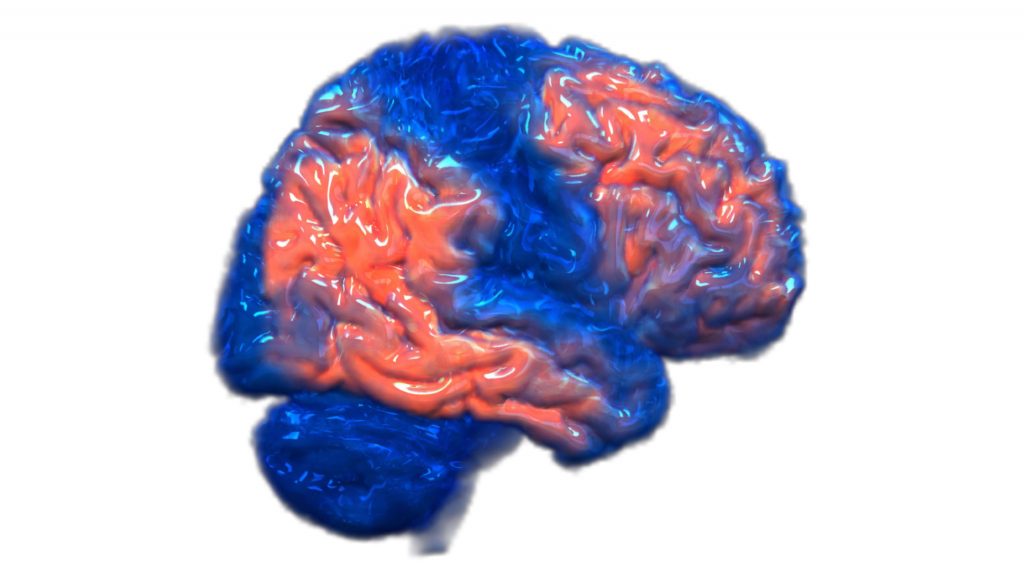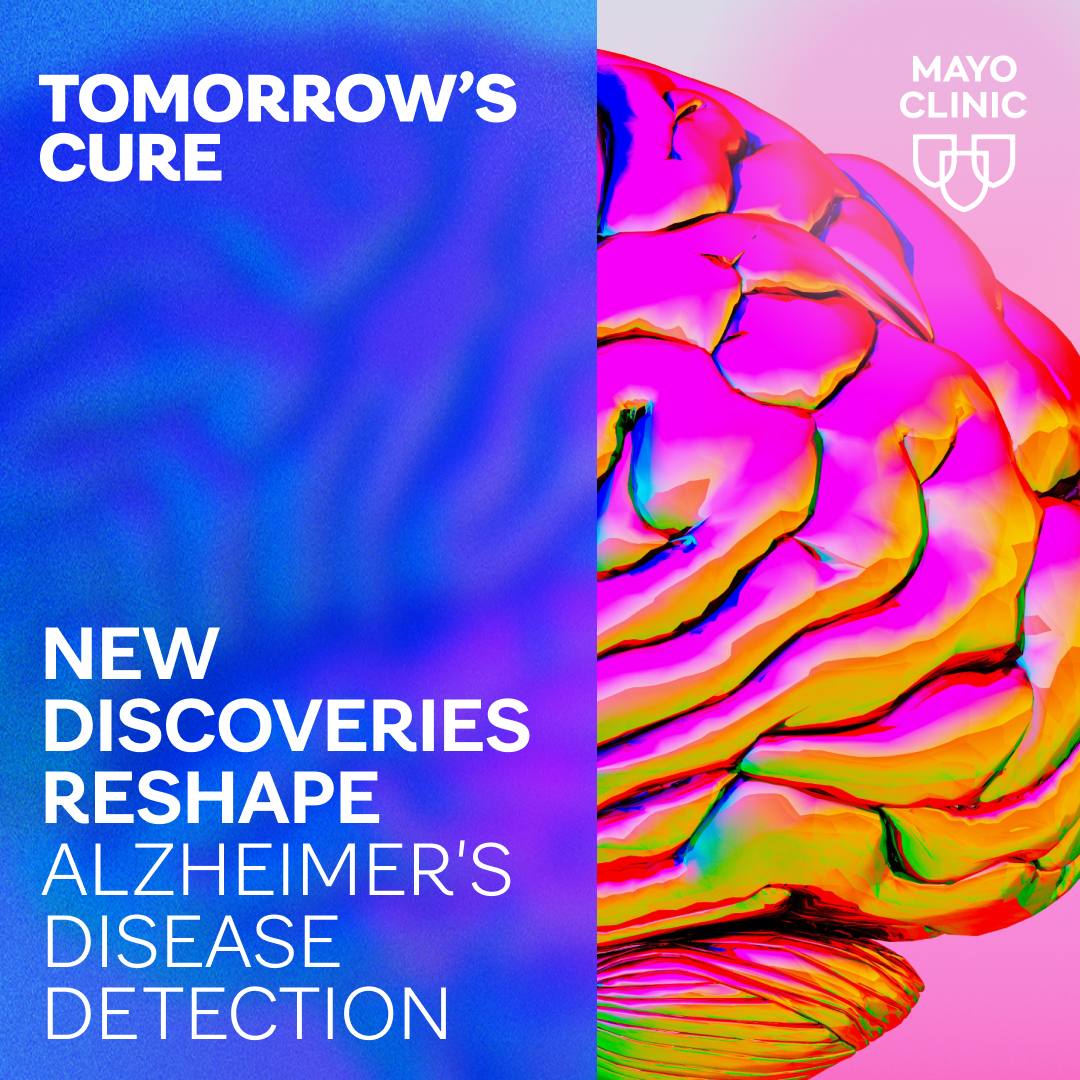-
Mayo Clinic expert explains why a change is needed when talking about dementia

One of the challenges in addressing Alzheimer's disease, dementia, cognitive impairment and aging is not related to the conditions themselves but rather the terminology. That’s according to Dr. Ronald Petersen, director of the Mayo Clinic Alzheimer's Disease Research Center, who suggests a new framework for dementia nomenclature is needed. Inconsistent use of terms such as Alzheimer's disease and dementia has compromised progress in clinical care, research and development of therapeutics. Dementia-associated stigma further contributes to inconsistent and imprecise language.
Watch: Dr. Petersen discusses why a change is needed when talking about dementia
Journalists: Broadcast-quality video is available in the downloads at the end of the post. Please courtesy: Mayo Clinic News Network. Name super/CG: Ronald Petersen, M.D., Ph.D./Alzheimer's Disease Research Center/Mayo Clinic.
"We sometimes use these terms inconsistently. That confuses us as scientists, and clinicians. It confuses our patients and our families. So we decided to take a look at that whole issue and see if we could understand the problem, and then make some recommendations," says Dr. Petersen.
In a recently published paper authored by Dr. Petersen, the Advisory Council on Alzheimer's Research, Care, and Services of the National Plan to Address Alzheimer's Disease authorized a committee to help bring consistency to the use of the terms.
What's the difference between Alzheimer's disease and dementia?
"Dementia is a clinical syndrome, which means that it has a set of clinical features of the disease. Alzheimer's disease, though, implies that there's an underlying biological cause of the dementia. Often we get these two terms confused," says Dr. Petersen.
Clearing up the confusion
The initiative is organized into three groups: researchers and scientists, clinicians and public stakeholders. Focus groups, which included people from underrepresented groups, also were asked to look at the various cultural issues surrounding this language.
"How the term dementia is used in one group might be quite different from how it's used in another group. We put all of these inputs together and came up with a framework that we hope is going to help sort out how these terms should be used so that everybody is using them consistently."
Dr. Petersen says the goal is not to change any definitions of any disease, but rather to clarify how different expert groups are defining the diseases.
"Is it clinically? Is it biologically? Or is it a combination of clinical and biologic features? So the framework is meant to characterize those distinctions," says Dr. Petersen.
"We hope by clarifying how people are using these terms, we'll be better able to communicate with patients and families when we discuss a disease like Alzheimer's disease."
The next steps
Dr. Petersen says the next step is going to be a beta test of the new framework.
"In the next phase of this exercise, we're going to ask clinicians, primary care physicians, and specialty clinicians to actually use this framework to see if it helps them explain the underlying diseases to the patients and to the families. We're going to ask patients and families, 'What did you understand going in? What do you understand going out?' Same thing with the clinicians themselves," says Dr. Petersen.







